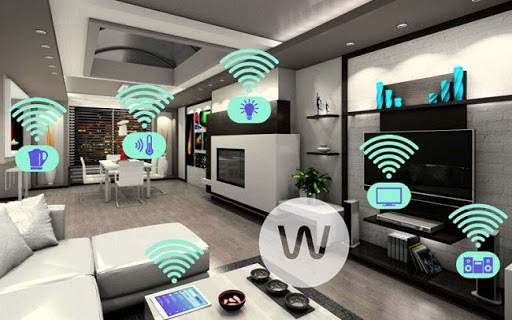Written by
Jerônimo do Valle
Due to the growing interest of consumers for intelligent equipment, devices for home automation are becoming more and more widespread in the civil construction market. To innovate and differentiate real estate projects, builders are already preparing to launch properties with "smart" solutions that increase connectivity, security and, of course, efficiency.
The biggest difference for entrepreneurs is that such products offer a significant reduction in construction and finishing time, as they are interconnection options that do not require the installation of a complex communication infrastructure, being powered only by electricity. Compared to a traditional automation solution, it gains a lot in agility, raw material, labor and renovations, in addition to improving energy efficiency.
The movement coincides with the heating of the sector of "smart homes" in the world, mainly because people are spending more time at home. In 2020, some companies registered a 544% increase in revenue and the user base increased by 1.485%, compared to 2019. Market expectations are also promising for the segment and the expectation is that, by the end of 2021, the number of connected homes is 14% higher.
Source: Inforchannel.

